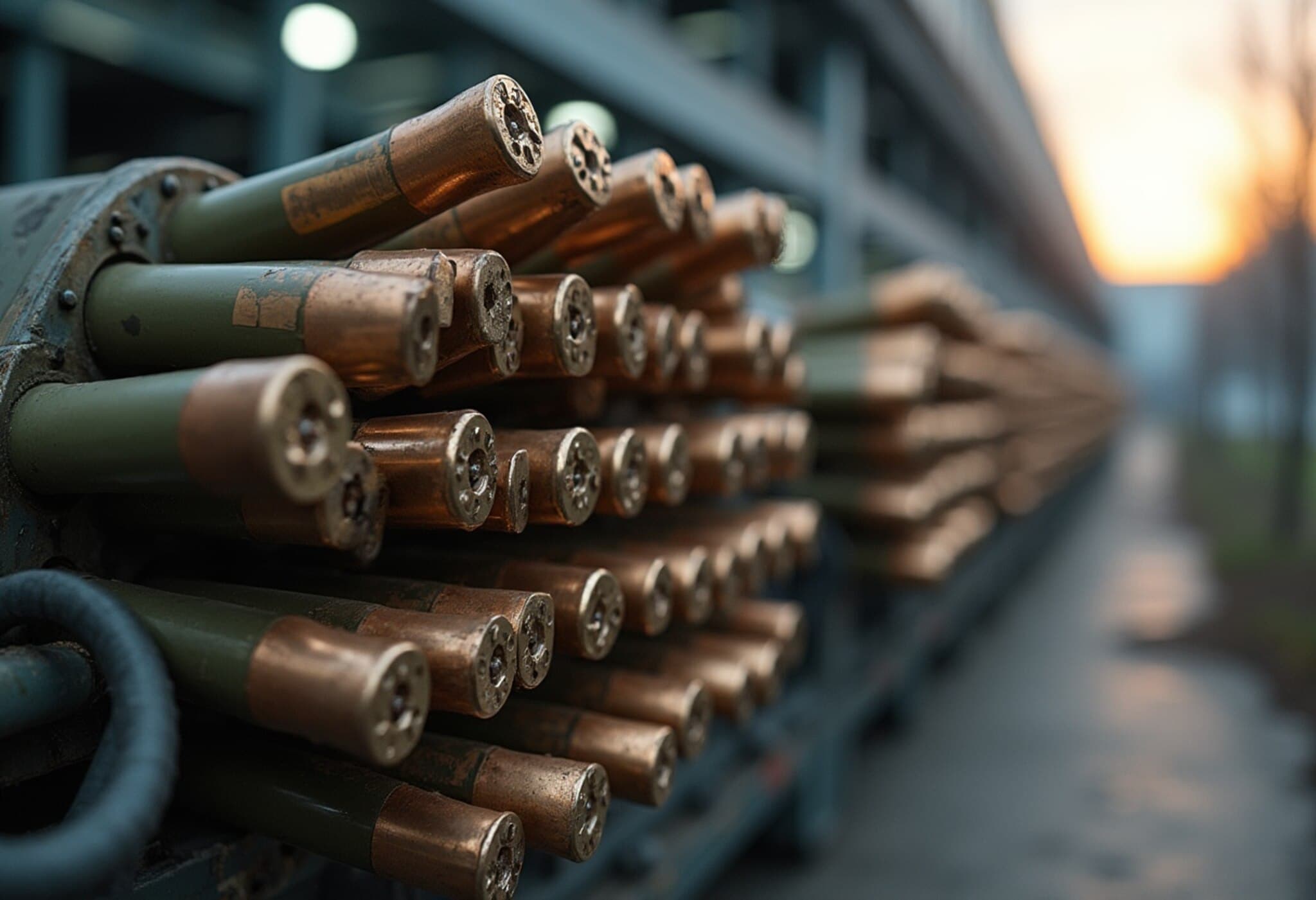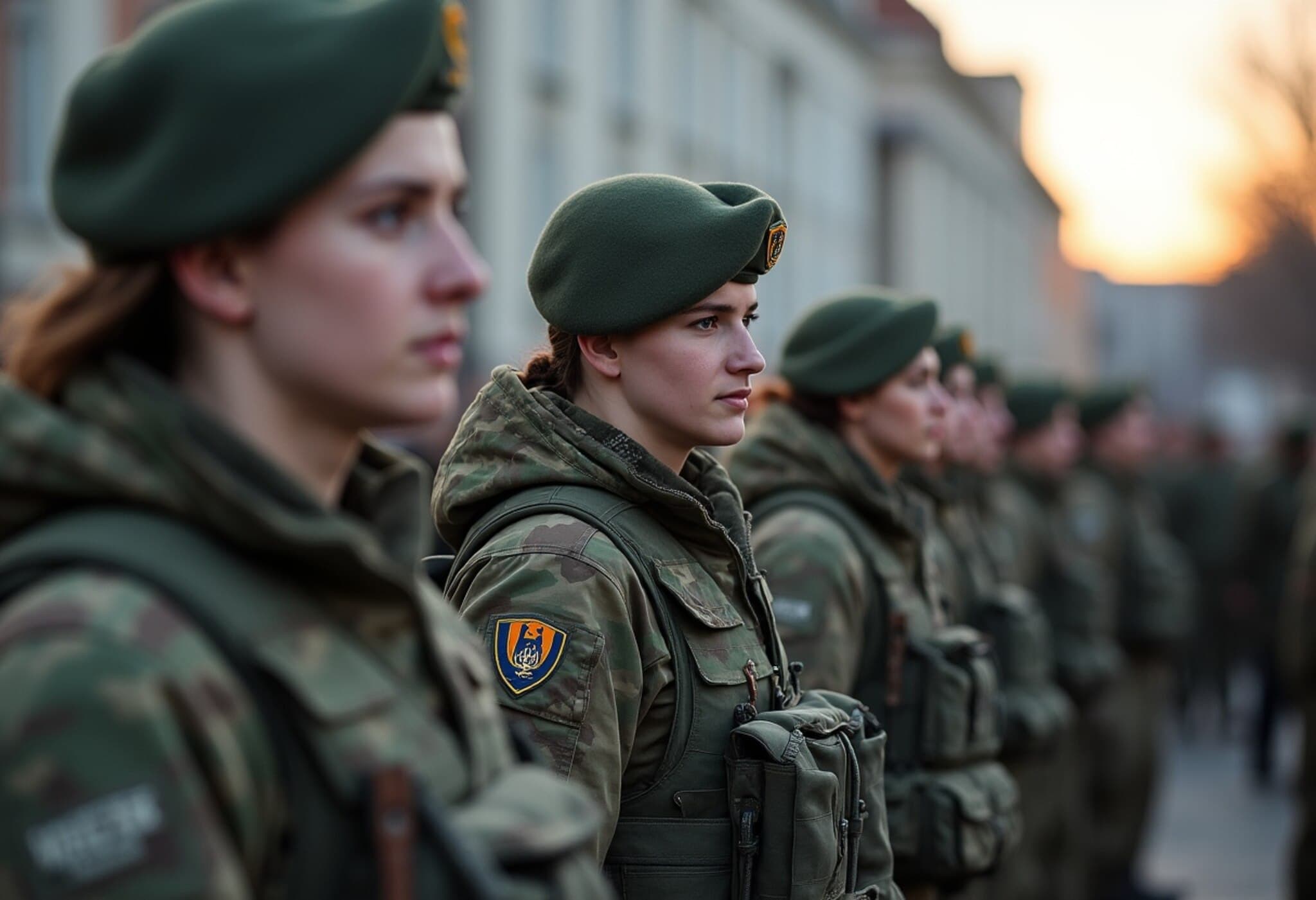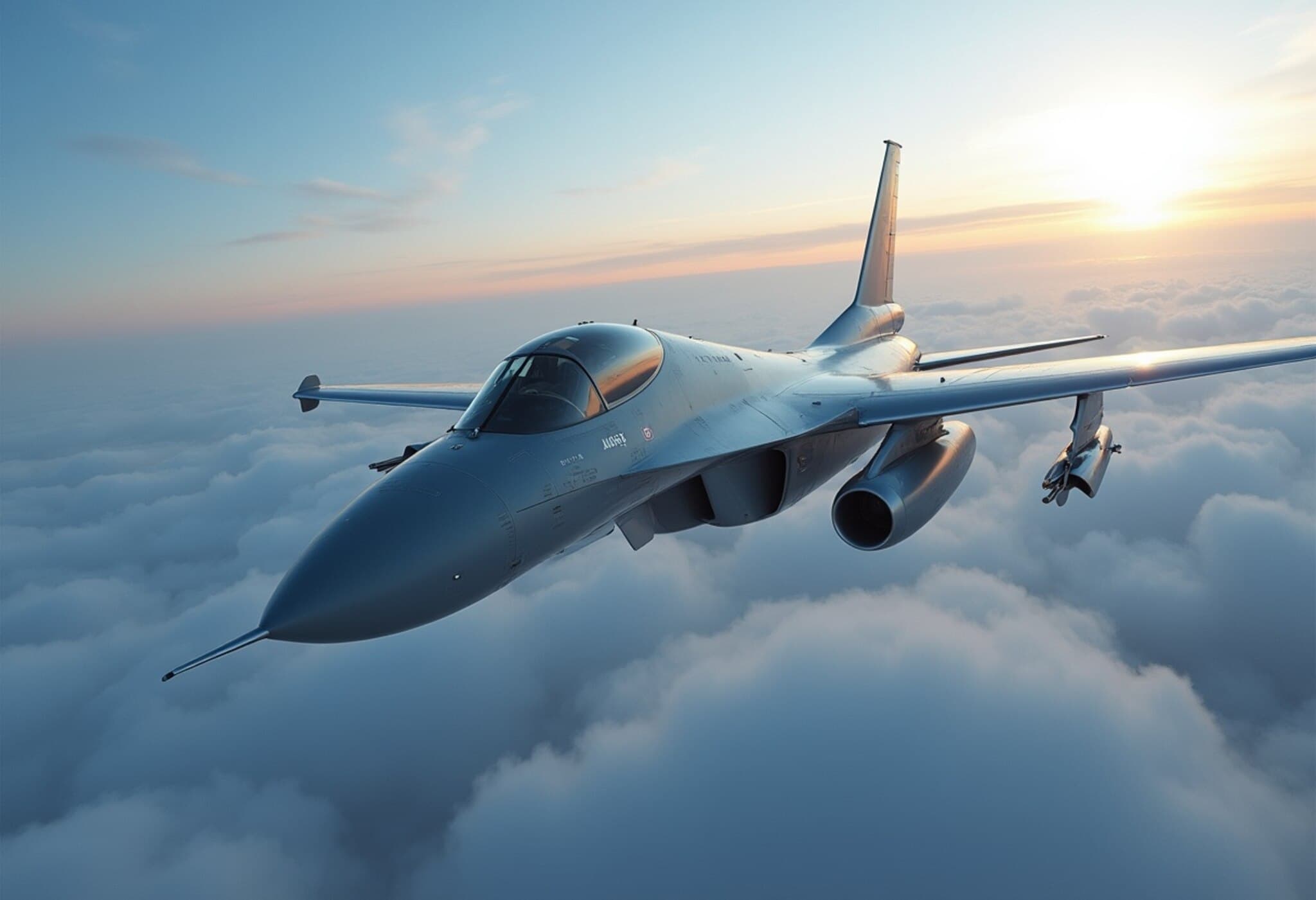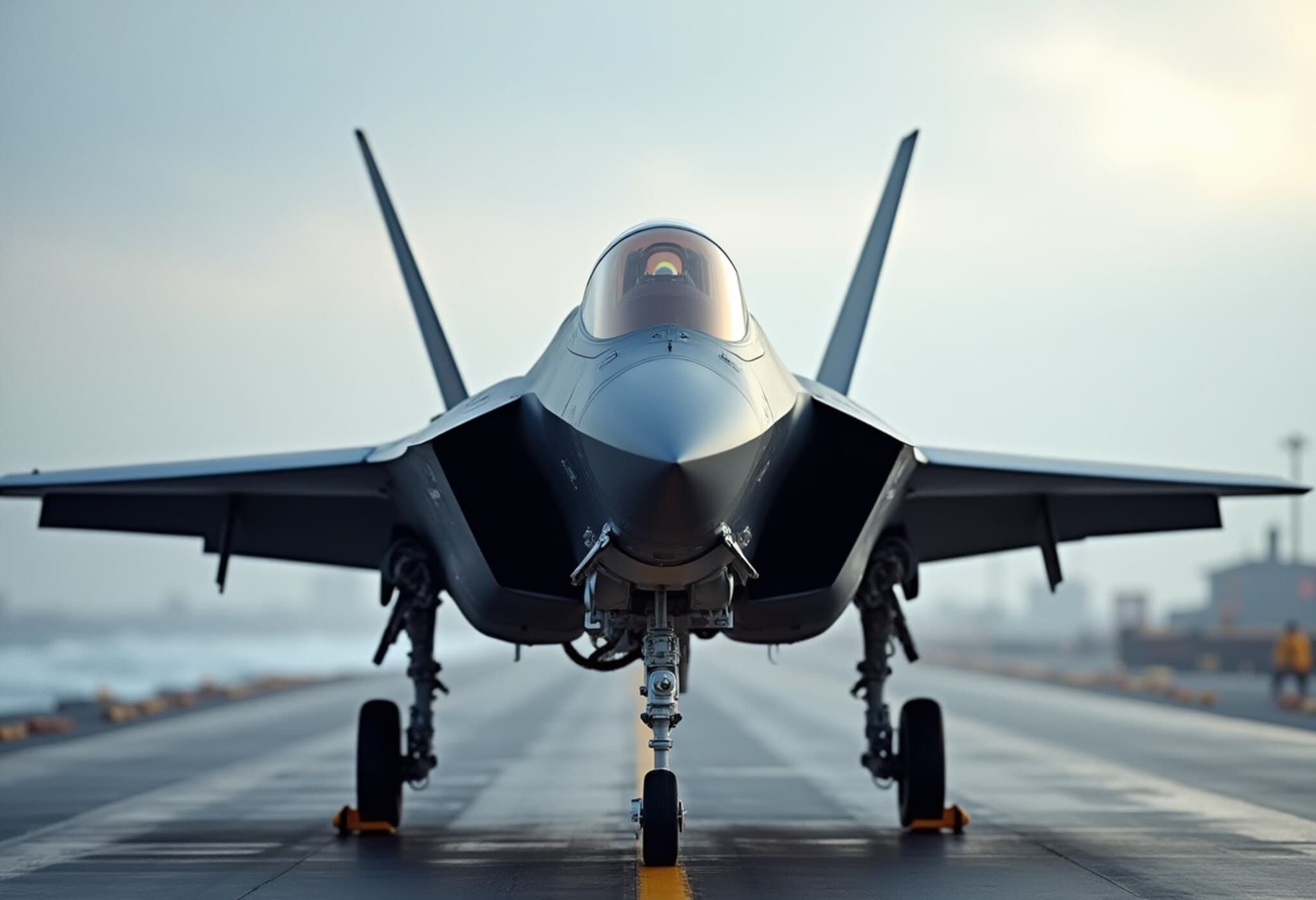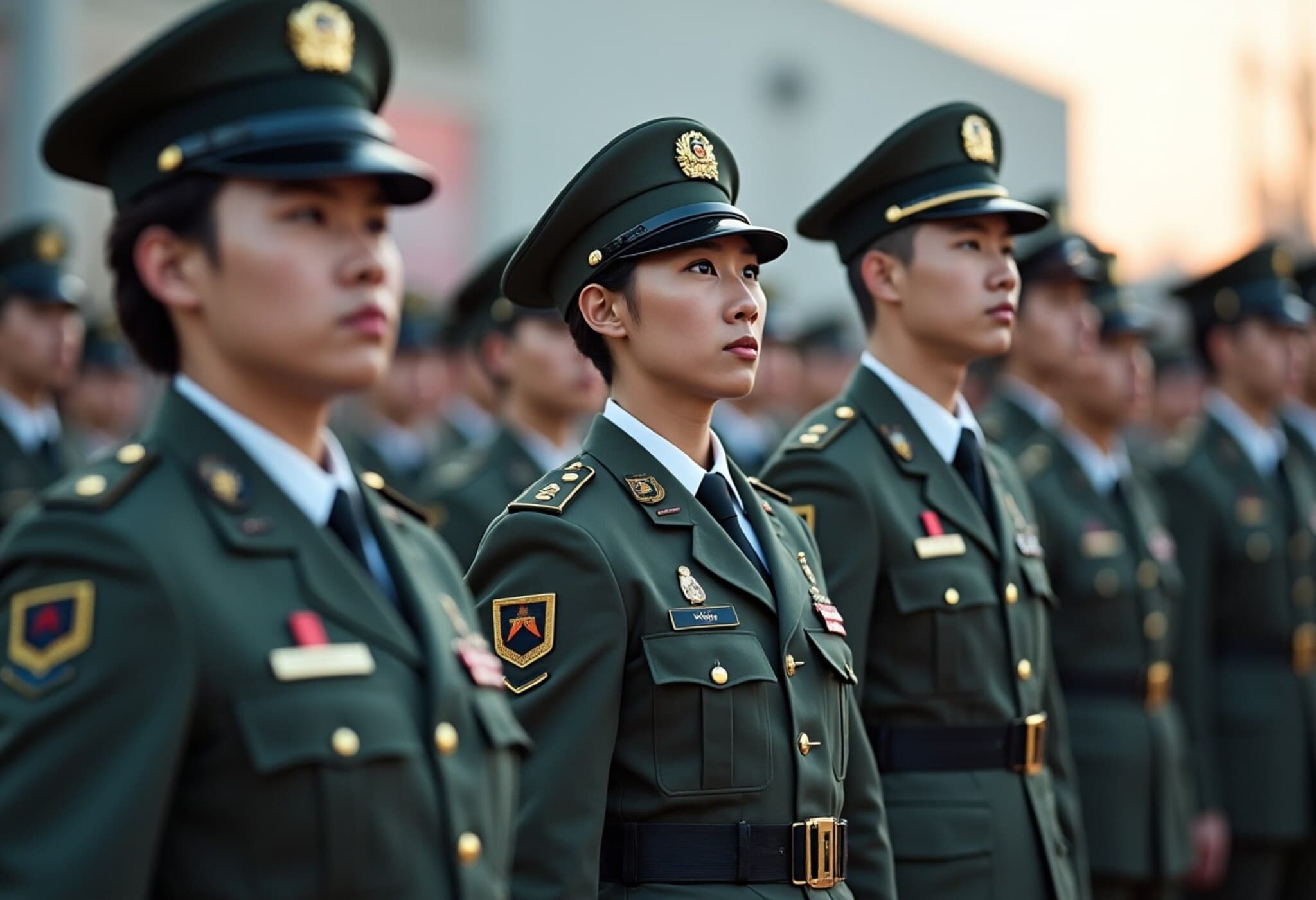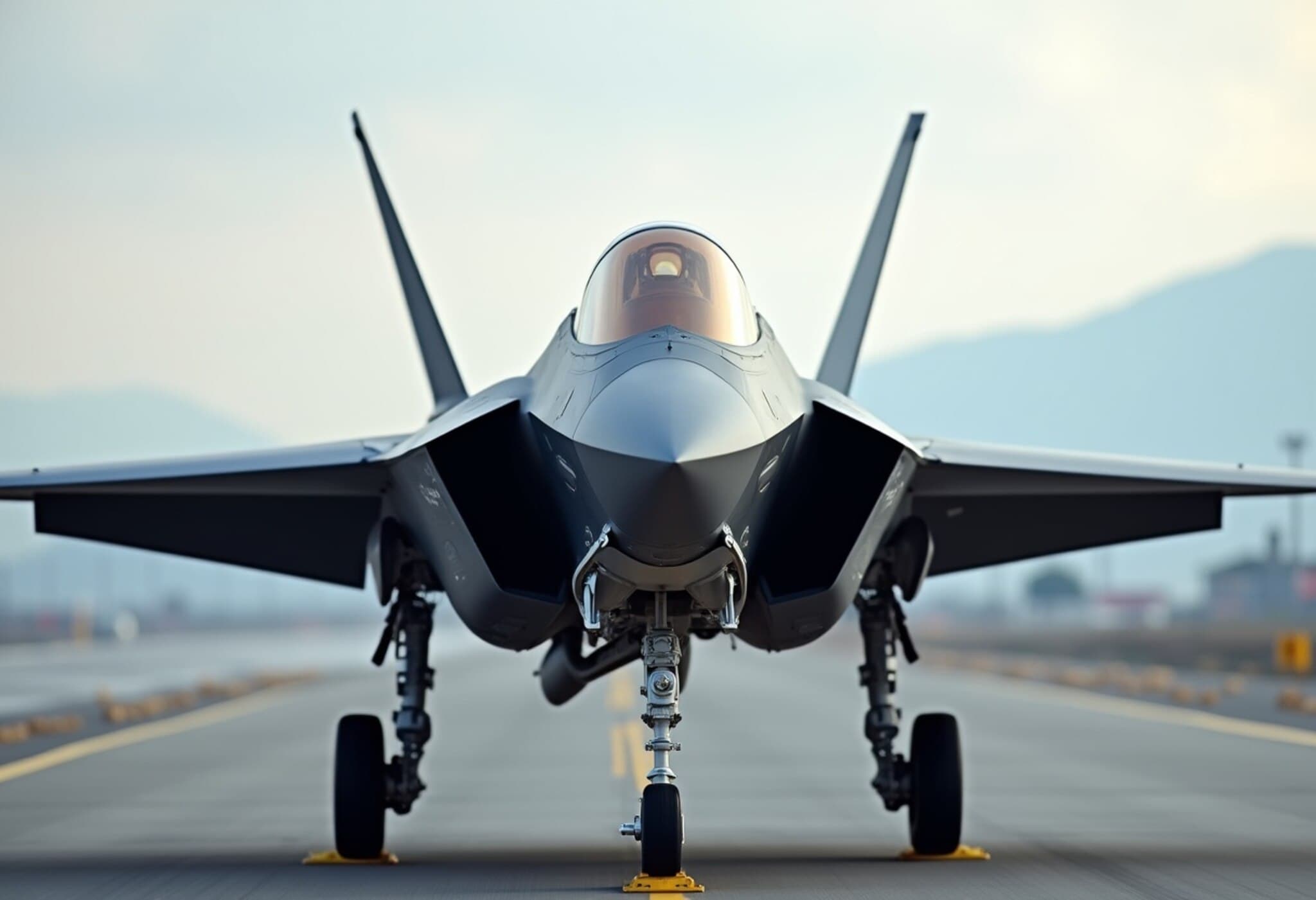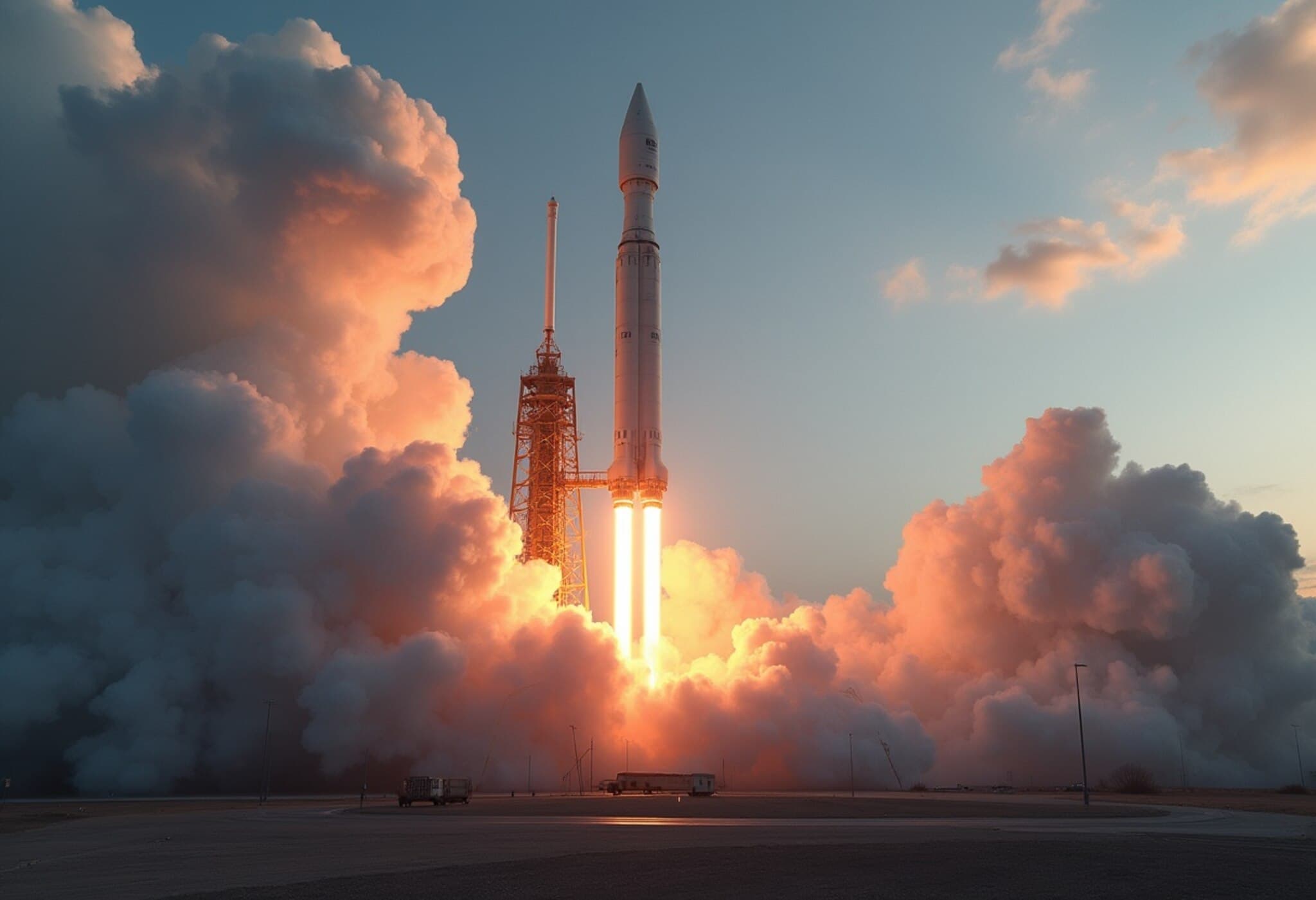Europe Accelerates Ammunition Production to Counter Russian Military Strength
In a significant strategic move, German defense giant Rheinmetall has inaugurated what is set to become Europe’s largest artillery ammunition manufacturing plant in Unterlüß, northern Germany. The opening comes at a time when Europe is intensifying efforts to bridge the wide gap in military production capacity with Russia, especially in the context of the ongoing conflict in Ukraine.
Rheinmetall CEO: Europe Must Act Swiftly to Match Russian Ammunition Output
Speaking exclusively to CNBC during the inauguration ceremony on August 27, 2025, Rheinmetall CEO Armin Papperger emphasized the urgency of scaling up European ammunition production. He revealed that Russia currently churns out an estimated 4 to 5 million artillery rounds annually, while Europe’s production hovers around 2 million. Notably, Rheinmetall alone produces more than half of Europe’s stock.
“Europe’s biggest requirement right now is artillery ammunition and missiles,” Papperger noted. The new Unterlüß facility is designed to focus precisely on these critical munitions, with an ambitious target to ramp up output to 350,000 artillery shells per year by 2027.
Germany’s Pledge to Modernize and Expand Military Capabilities
Germany, alongside its European partners including France, Italy, and the U.K., is undertaking large-scale defense spending and modernization commitments. Berlin’s plans are particularly robust: the government has committed to more than doubling its defense budget to €153 billion ($178 billion) by 2029. This landmark investment, fueled partly by special financial arrangements, aims to revitalize the Bundeswehr’s capabilities amid rising geopolitical tensions.
Armin Papperger mentioned ongoing dialogues with German Defense Minister Boris Pistorius, highlighting the minister’s demand to “hurry up” in expanding production. Such government backing is vital for Rheinmetall’s growth trajectory, with recent contracts and initial payments paving the way for further expansion.
NATO Endorses the Facility as a Crucial Step in Defense Readiness
At the plant’s opening to widespread acclaim, NATO Secretary General Mark Rutte lauded the rapid construction of the factory, completed in a remarkable 14 months. Rutte framed the development as a cornerstone for ensuring the security and economic stability of Europe and North America.
“Russia and China are mass-producing weapons and military hardware at alarming rates, and often without transparency,” Rutte warned. “We urgently need similar efforts not just for ammunition, but also for advanced capabilities such as tanks, air defense systems, and missiles.”
Broader Implications: Industrial Capacity and Geopolitical Balance
The race to match Russia’s military-industrial output is more than a numbers game; it is a geopolitical necessity. Europe’s ability to equip Ukraine effectively and bolster its own defenses hinges on accelerating production timelines and diversifying munitions manufacturing.
- Challenges include: coordinating complex supply chains, scaling up workforce skills, and securing raw materials.
- Opportunities: revitalizing European defense industries and reducing dependency on external suppliers, especially the U.S.
As defense strategies evolve, this new arsenal plant symbolizes a broader policy shift — a pivot towards European strategic autonomy bolstered by substantial industrial investment.
Editor’s Note
Rheinmetall’s milestone underscores a pressing question: can Europe sustain and scale this momentum to achieve true parity with Russian military production? While the ammunition factory is a critical piece of the puzzle, European defense across the board—spanning air defense, armored vehicles, and missile systems—requires similar bold commitments. The coming years will reveal whether Europe’s industrial and political will align to reshape the continent’s security landscape fundamentally.

